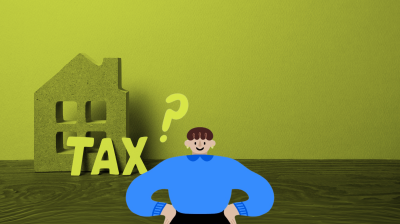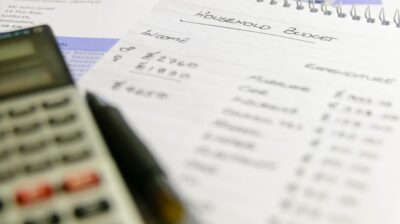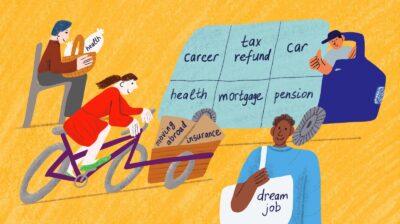Understanding income tax in Ireland
Learn more about tax credits, calculating tax and registering a job.

If you start your first job or move to a new job you may be unsure of how the tax system works. Learning about income tax, tax credits and how it is calculated may seem overwhelming but it is important to take some time to try and understand it. In doing so you will be more confident when it comes to understanding how much tax you should be paying, regardless of the job.
What is income tax?
Income tax is a percentage of money that is taken from your wages (income) by your employer on behalf of the government. The amount of tax you pay depends on the amount you earn and your personal circumstances. The tax collected by the government is used on public spending for things such as social welfare, hospitals and schools.
What are Personal Tax Credits?
Tax credits reduce the amount of tax you pay. How tax credits works is explained fully on Revenue’s page, Calculating your Income Tax.
Everyone living in Ireland has the right to a Personal Tax Credit. You may also have a right to extra tax credits if, for example, you are:
- an employee or self-employed
- a home carer
- a single parent
- a renter
The amount of tax you pay depends on your circumstances and how much you earn, for example, a single person earning €50,000 a year will generally pay more tax than a student working a part-time job earning €10,000 per year.
While tax credits reduce the amount of tax you pay, tax reliefs can reduce the income that you pay tax on. There are different credits and reliefs available depending on your circumstances.
The Citizens Information have good explainers on how to access tax relief on third level fees for college, medical expenses and cost of renting.
How is your tax calculated?
Tax is calculated as a percentage of your income each time you get paid. The first €42,000 of your income is taxed at 20%, referred to as the standard rate of tax. The remainder of your income (if any) is taxed at the higher rate of tax which is currently 40%. This calculates the tax due by you. It was announced in the Budget, that this rate will be increased by €2,000 to €44,000 for a single person, with proportionate increases for married couples from January 2025.
Your tax credits are then deducted from the tax due figure, reducing the amount of tax you have to pay. If your tax credits for the pay period are greater than the amount of tax due, you will not pay tax on your wages.
What is Emergency Tax?
Emergency tax may be applied by your employer if you have not given your employer your PPS Number or if you have not registered your job with Revenue. Emergency tax rules may mean that you pay more tax than you are due to pay. If you remain on emergency tax for four weeks or more, all your income will be taxed at 40%.
It’s important to remember that whenever you start a job that you register that job with Revenue so that you are paying the correct amount of tax and that you are not emergency taxed.
If you are on emergency tax, once your job is registered with Revenue, your employer will be able to take you off emergency tax and you should be refunded any tax that you have overpaid for that year on your next pay day.
If you think you are due a tax refund for a previous year, you can claim a tax refund, online through myAccount. You can claim a refund for up to the last four years.
How to register your job?
When you start working for the first time, you must register yourself with Revenue as soon as possible. To do this you must:
- have a PPS Number
- register for myAccount
When you receive your myAccount password, you will be able to register your new job. To do this, click on the ‘Update Job or Pension Details’ link on the PAYE Services card. To register your first job, you will need
- your employer’s tax registration number
- the start date of your new job
- the frequency of your wage payment
- an estimate of your salary.
Once you have registered your job and your employer has received an updated tax credit certificate you should stop paying emergency tax.
I think I’m being taxed incorrectly. What can I do?
If you ever find that you are being taxed incorrectly, talk to your employer first. If the issue cannot be fixed by your employer, make sure that your job is registered correctly with Revenue. If neither of these ways solve your issue, you can contact Revenue through the myEnquiries service in myAccount and they should be able to help you.
Need more information, advice or guidance?
We offer information, advice and guidance about the issues that matter to you. Our online Youth Information Chat service is for 16 to 25 year olds and is available Monday to Friday, 4pm to 8pm (excluding Bank Holidays).






